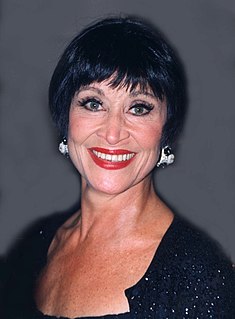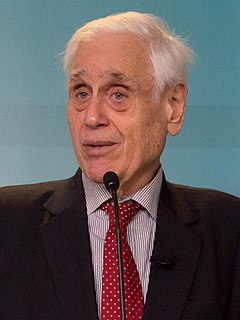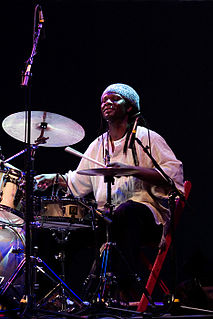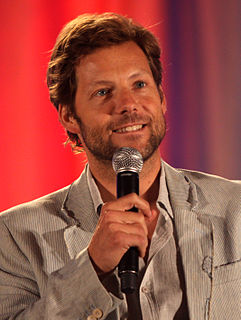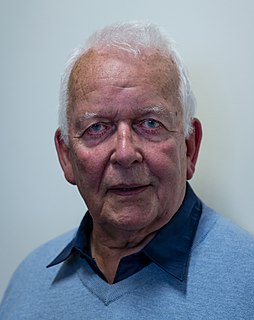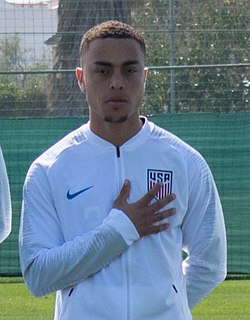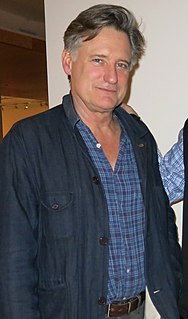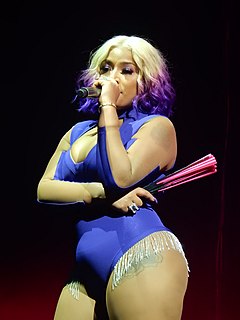A Quote by Chita Rivera
American audiences are affected by what the English people think.
Related Quotes
Well, English is no problem for me because I am actually English. My whole family are English; I was brought up listening to various forms of the English accent. Obviously there are more specific ones that get a little bit tricky. Same with American stuff. But because in Australia we're so inundated with American culture, television, this that and the other, everyone in Australia can do an American accent. It's just second nature.
What happens is people - especially, I think, audiences in the United States - people confront new things a little bit afraid. It's like when you're a kid and your mother puts something on your plate you never ate before. I think that American audiences are very much like that, and when they can accept something new they can accept the next new thing, it's incredible. And what happens is that their expectation of what things should be is elevated, and that's really terrific for us.
The English tourist in American literature wants above all things something different from what he has at home. For this reason the one American writer whom the English whole-heartedly admire is Walt Whitman. There, you will hear them say, is the real American undisguised. In the whole of English literature there is no figure which resembles his - among all our poetry none in the least comparable to Leaves of Grass
